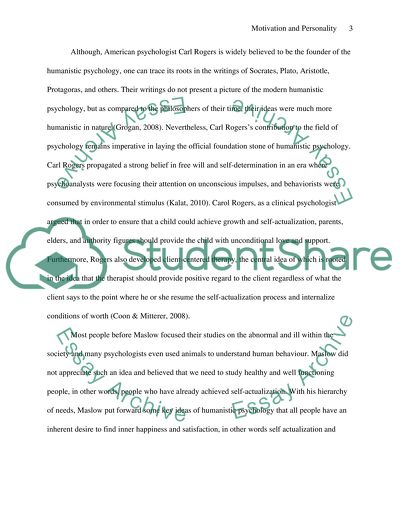Cite this document
(“Humanistic Psychotherapy's approach to motivation and personality Essay”, n.d.)
Retrieved from https://studentshare.org/psychology/1458435-humanistic-psychotherapy-s-approach-to-motivation
Retrieved from https://studentshare.org/psychology/1458435-humanistic-psychotherapy-s-approach-to-motivation
(Humanistic Psychotherapy'S Approach to Motivation and Personality Essay)
https://studentshare.org/psychology/1458435-humanistic-psychotherapy-s-approach-to-motivation.
https://studentshare.org/psychology/1458435-humanistic-psychotherapy-s-approach-to-motivation.
“Humanistic Psychotherapy'S Approach to Motivation and Personality Essay”, n.d. https://studentshare.org/psychology/1458435-humanistic-psychotherapy-s-approach-to-motivation.


